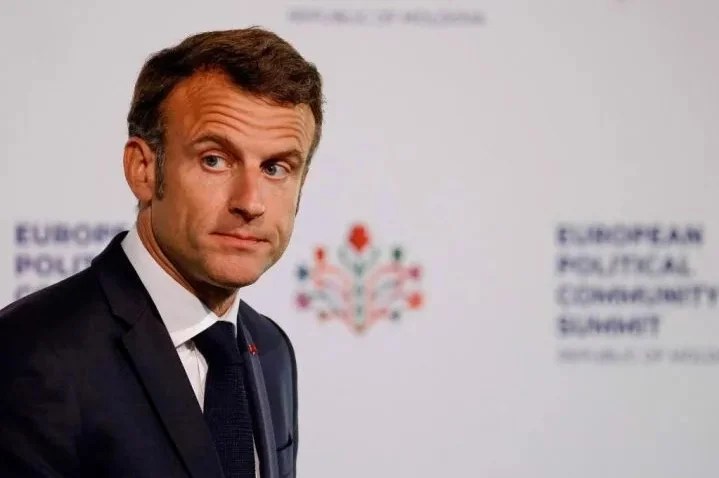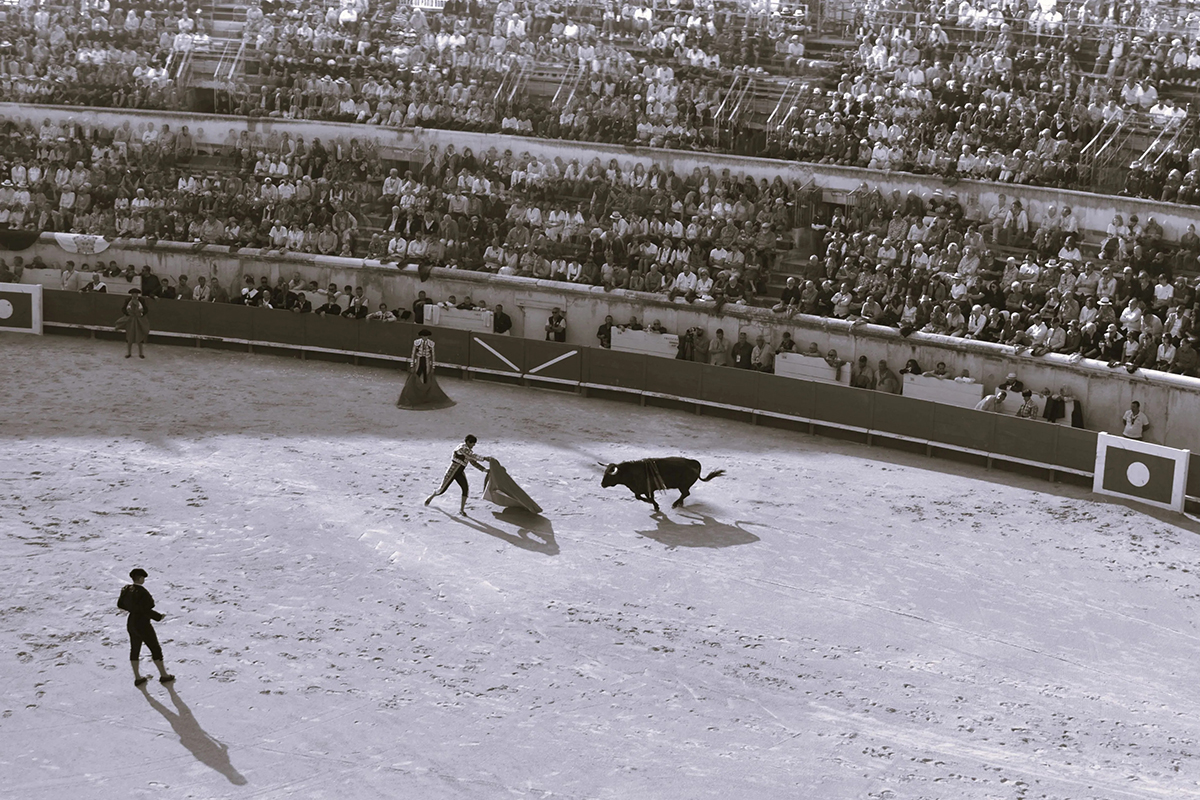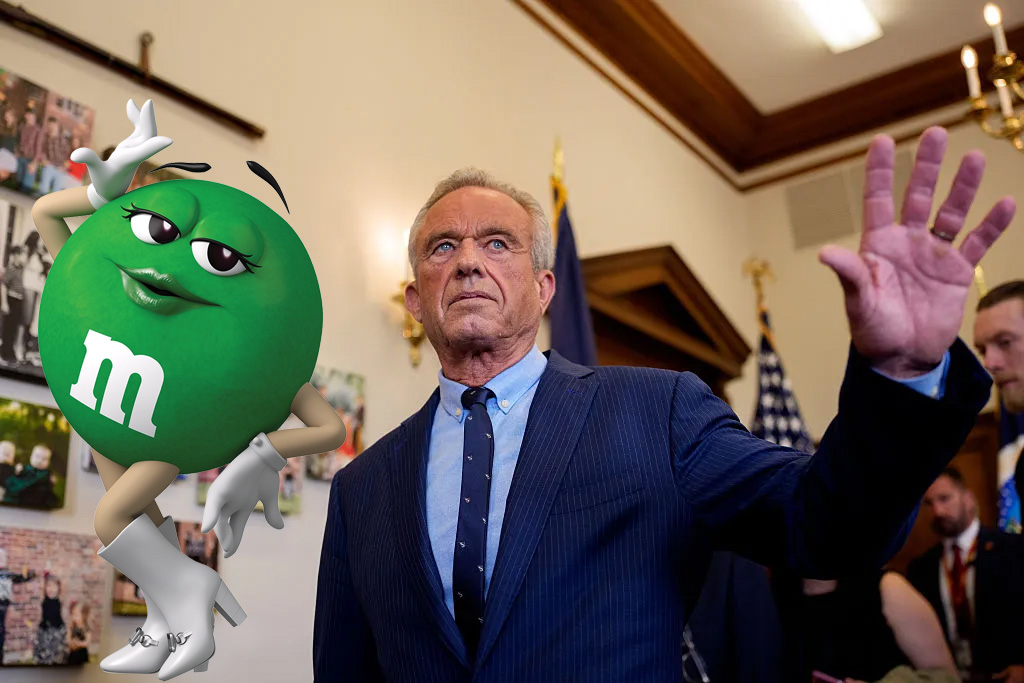In the last three years, Mali, Guinea, Sudan, Burkina Faso and Niger have all undergone coup d’états. The most recent regime change was last week in the West African nation of Niger, where Mohamed Bazoum was overthrown by elements of the presidential guard.
The coup’s leader is Colonel-Major Amadou Abdramane. Last Wednesday he informed Niger’s 24 million citizens on state-run television that President Bazoum had been removed because of “the continuous deterioration of the security situation, the bad social and economic management.”
Military men were also behind the coups in the other four African nations, seizing power ostensibly because of what they claimed was the ruinous leadership of their presidents. In particular, they were angry at the failure of their leaders to effectively combat the growing menace of jihadists — well-organized groups affiliated to the Islamic State and al-Qaeda.
Captain Ibrahim Traore of the Burkina Faso army made his move against President Paul-Henri Sandaogo Damiba last September. It happened days after al-Qaeda attacked a convoy, killing thirty-seven people including twenty-seven soldiers.
Traore should perhaps be looking over his shoulder because he has been as incapable as the man he deposed when it has come to stemming the jihadist attacks. Over one weekend in May this year, forty people — soldiers among them — were killed by jihadists in two separate attacks in western Burkina Faso.
Islamic extremists first attacked Burkina Faso in 2015. This was the year they also targeted France, shooting dead the staff of the satirical magazine Charlie Hebdo in January and then slaughtering 130 Parisians in a string of coordinated actions in November.
Although mass casualty Islamist atrocities have diminished in recent years, France’s intelligence services have recently warned that the Islamic State has ambitions to relaunch terror attacks.
Islamist terrorism is just one of several reasons why the French have become so angry and disaffected, and why Emmanuel Macron is a deeply unpopular figure. He is a president considered divisive and arrogant by his people, faults that were also leveled at his two immediate predecessors, Francois Hollande and Nicolas Sarkozy.
It was the latter who oversaw arguably the most undemocratic episode in the history of the Fifth Republic. In 2007, Sarkozy refused to honor the result of the 2005 referendum in which the French people voted against the European Constitution.
That breach of trust between the ruling elite and the people has never been repaired. On the contrary, it has widened in the last decade as France has declined economically and culturally. Meanwhile, neither Hollande or Macron have seemed much interested in addressing the deterioration of the security situation, be it from Islamic terrorist attacks or simply the steep rise in assaults, rapes and murders.
What’s true of a good many French politicians applies also to the preponderance of the British political class across the Channel, who appear to have learned nothing from the Brexit referendum. Quite the opposite. One senses that they are determined to inflict Net Zero and mass immigration on the British people precisely as a punishment for it.
Writing in Thursday’s Daily Telegraph, Allister Heath described Britain as “an elite dictatorship where majority opinions are crushed.” Ditto France, where Macron continues to display an indifference to the chaotic immigration situation, despite opinion polls consistently showing this is an issue of paramount importance to the overwhelming majority of the population.
The Telegraph’s Gallic equivalent, Le Figaro, also ran a pithy piece on Thursday in which Thibault de Montbrial, a lawyer and chairman of the center for reflection on internal security, warned that “France is dangerously close to a tipping point.”
It’s not just the people who are angry. So are the police, many of whom resent what they regard as a lack of support from elements of the judiciary and even at times their president. Then there’s the grumbling within the military. Macron got on the wrong side of the army within weeks of coming to power, forcing out the popular and respected chief of the defense staff, General Pierre de Villiers.
Then, in 2021, thousands of serving and former soldiers — including twenty retired generals — publicly rebuked Macron for his management of the country, specifically criticizing what they described as his “concessions” to Islamism. “Civil war is brewing in France and you know it perfectly well,” declared the signatories.
The letter was not well received by the left, likened by some to a threat of a military coup. The date of the letter’s publication was not lost on its critics: April 21, the date on which in 1961 four French generals launched an unsuccessful coup against Charles de Gaulle because he had set Algeria on the road to independence.
If a civil war is a possibility then why isn’t a coup d’état? The principal reason so many French people took to the street in the spring to protest against Macron’s pension reform wasn’t because they didn’t fancy working until they were sixty-four instead of sixty-two, it was because his government forced through the bill without putting it to a parliamentary vote.
To paraphrase Colonel-Major Amadou Abdramane, Niger’s new leader, Macron showed “bad social and economic management” in his undemocratic decision. Throw in the continuous deterioration of France’s security situation, and it may not be too long before the Republic undergoes another of its periodic upheavals.
This article was originally published on The Spectator’s UK website.

























